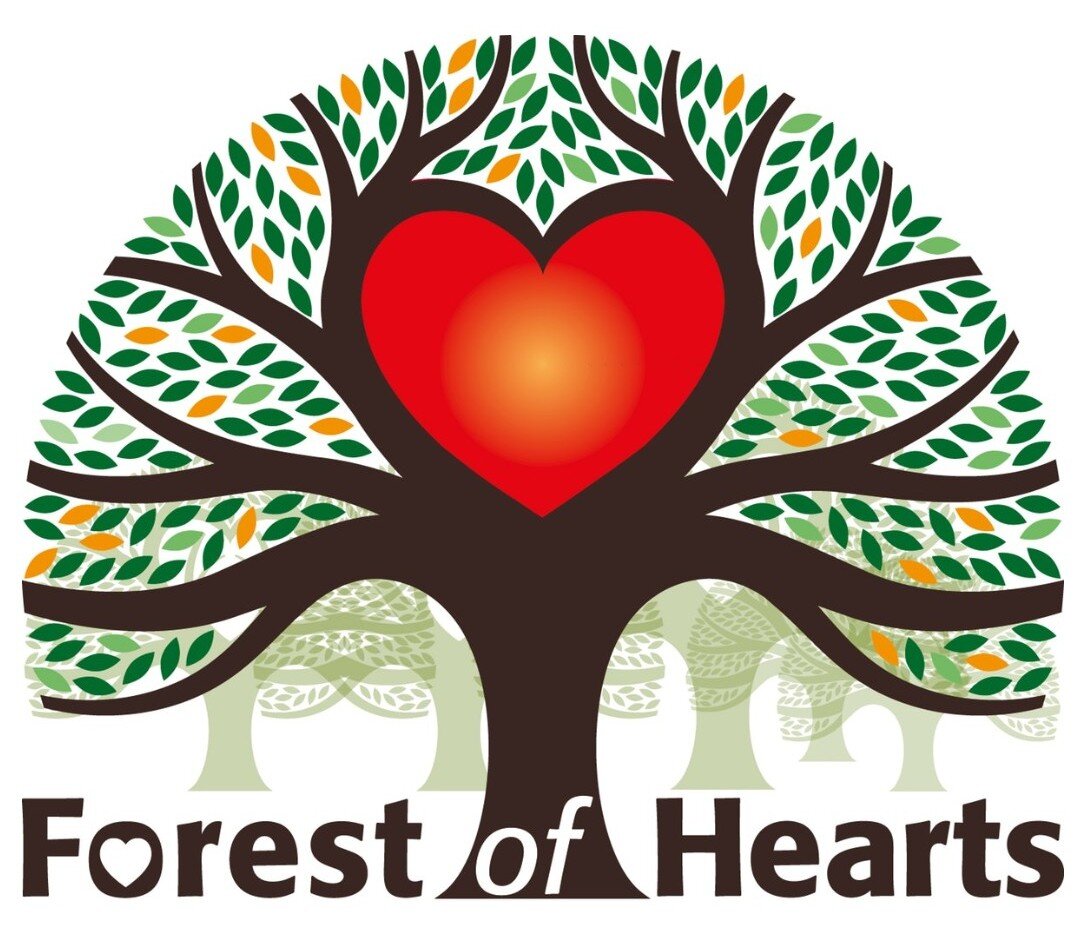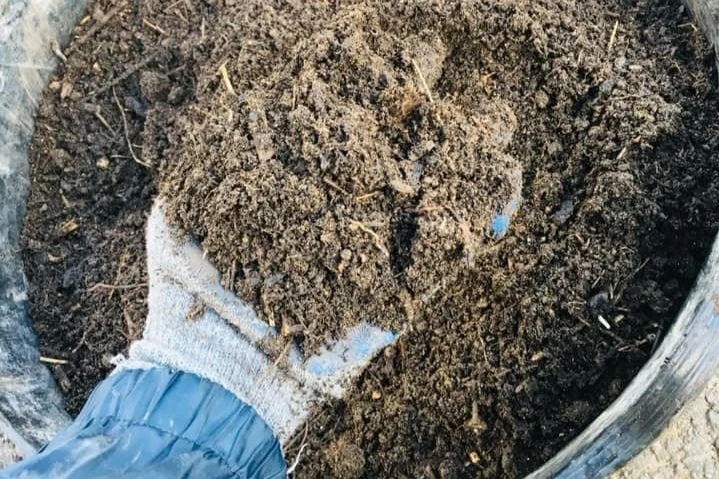Our Sustainable Practices
Sustainability is core to our operating principles and our organisation has adopted many sustainable practices to ensure we have a positive environmental impact. Below demonstrates what we do to be more sustainable:
Electric vehicle
Transportation to all work, projects and events is undertaken via an electric van to reduce emissions.
Peat-free compost
We commit to only using peat-free compost in all our horticultural activity.
Habitats
We provide habitats for animals and insects in our gardens and nature reserve.
Pollinator friendly plants
We grow and plant pollinator friendly plants in our gardens to attract bees and butterflies.
Reusable cups
We use reusable cups for our drinks breaks to prevent single use items and waste going to landfill.
CSR
We help companies fulfil their Corporate Social Responsibility commitments and objectives through our Green Team Events.
Tree planting
We plant trees to reduce CO2 and take climate action.
make our own compost
We make our own compost from garden and kitchen waste.
Plant propagation
We propagate plants from cuttings to grow and use for future garden projects.
Self-watering planters
We use self-watering planters to reduce water usage. Our planters require filling up only once a week.
Recycle materials
We create garden planters out of recycled pallets and wood.
Education
We educate local individuals about sustainability and environmental matters during our Skills for Sustainability and Green Therapy workshops.
Rainwater harvesting
We reduce water usage by rainwater harvesting using water butts.
reduce no2
We reduce Nitrogen Dioxide and traffic pollution from the atmosphere by installing living walls and planting them with species rich plants.
Seed harvesting
We collect seeds from our plants to grow again in our polytunnel.
Reduce food waste
We reduce food waste by picking fruit and donating to local care homes, food banks and animal shelters through our Harvest Share project.
Upcycle
We upcycle and refurbish furniture to use in our gardens.
Reduce paper
We have adopted a ‘think before you print’ method of reducing paper, we take paperless notes, communicate via email and share files online that would before be paper based.


















